Managing HR can be challenging, especially for smaller and medium-sized businesses. Professional Employer Organizations (PEOs) can help simplify this. In this guide, we’ll explore what PEOs are, their benefits, different types, and tips for selecting the right one for your company. Whether you’re looking to streamline payroll software, enhance employee benefits, or ensure compliance, understanding PEOs could be a game changer for your business.
What is a PEO?
A PEO is also known as a professional employer organization. It offers small and mid-sized businesses that use its services a full solution. In more than one way, a PEO helps a growing company through payroll and benefits - all the while ensuring the administration of HR, tax, and regulatory compliance.
Small businesses that work with a PEO grow between 7% and 9% faster, have employee turnover that is 10 to 14% less, and are 50% less likely to go out of business. The return on investment of using a PEO in cost savings alone is 27.3%.
How does a PEO Work?
PEOs operate through a co-employment model, where both the PEO and the client company have a role in optimizing the workforce. Here’s a detailed look at how this model functions:
Co-Employment Agreement: The PEO and the client company enter into a co-employment agreement. This means the PEO becomes the employer of record for tax and insurance purposes, while the client company retains control over employee work assignments and day-to-day activities.
HR Management: The PEO handles various HR functions, including payroll processing, benefits administration, and compliance with labor laws. This allows the client company to offload these complex and time-consuming tasks.
Employee Benefits: PEOs often provide access to a broader range of employee benefits, including health insurance, retirement plans, and other perks, which might be cost-prohibitive for smaller companies on their own.
If you’re considering whether a PEO is right for your business, exploring the best HR software for small businesses is a natural next step.
Read More: Challenges of Managing Payroll for Remote Employees
How Can a PEO Help Your Business?
PEOs offer numerous advantages that can significantly benefit your business. Here’s how:
Cost Savings: By pooling employees from multiple companies, PEOs can negotiate better rates on health insurance, retirement plans, and other employee benefits, leading to cost savings.
Compliance Assistance: PEOs help businesses navigate complex labor laws and regulations, reducing the risk of non-compliance and associated penalties.
Time Efficiency: Outsourcing HR functions to a PEO frees up valuable time for business owners and managers to focus on core business activities and strategic growth.
Access to Expertise: PEOs provide access to experienced HR professionals and resources that might not be available in-house, helping improve HR processes and employee management.
Types of PEOs
PEOs can vary in their offerings and structures. Understanding the different types can help you choose the right one for your business:
Full-Service PEOs: These offer a comprehensive range of HR services, including payroll, benefits administration, compliance, and employee training.
Specialized PEOs: Focus on specific industries or HR functions. For example, some may specialize in healthcare HR management or technology sector needs.
Industry-Specific PEOs: Cater to businesses within a particular industry, providing tailored solutions that address the unique challenges and regulatory requirements of that sector.
Also Read: Best Time Tracking Methods to Boost Employee Productivity
Advantages of Using a PEO
Utilizing a PEO comes with several benefits, including:
Enhanced Employee Benefits: Access to competitive benefits packages that may not be affordable for smaller companies.
Risk Management: Assistance with compliance and risk management, reducing the likelihood of costly legal issues.
Scalability: Ability to scale HR services up or down as your business grows or changes, providing flexibility and adaptability.
Administrative Efficiency: Streamlined HR processes, leading to reduced administrative burdens and improved operational efficiency.
Drawbacks of Using a PEO
While PEOs offer many benefits, there are potential drawbacks to consider:
Loss of Control: Some businesses may feel they lose control over certain HR functions and employee relations when outsourcing to a PEO.
Co-Employment Risks: The co-employment relationship can lead to complexities in managing employee issues and understanding the division of responsibilities.
Cost Considerations: Although PEOs can offer cost savings, the fees for their services may be significant, especially for smaller businesses.
Discover More About Create a Fair Leave Policy for Your Employees
Top PEO Companies
Here are some of the leading PEO providers known for their robust services and industry reputation:
1. ADP TotalSource: Known for its comprehensive HR software and strong compliance support.
2. Insperity: Offers extensive employee benefits and a focus on personalized service.
3. TriNet: Provides tailored HR solutions for various industries and strong technology platforms.
4. Paychex: Combines HR outsourcing with payroll services, offering a range of HR solutions for businesses of all sizes.
5. Justworks: Offers a user-friendly platform with competitive pricing and a focus on simplicity.
How to Choose a PEO?
Selecting the right PEO for your business involves evaluating several factors:
Service Offerings: Make sure the PEO provides the specific HR service your business needs.
Industry Expertise: Consider whether the PEO has experience and expertise in your industry.
Reputation and Reviews: Research the PEO’s reputation and read reviews from other businesses to gauge their reliability and service quality.
Cost Structure: Understand the fee structure and ensure it aligns with your budget and financial goals.
Customer Support: Evaluate the level of customer support and ensure you have access to dedicated representatives.
Conclusion
In summary, a Professional Employer Organization (PEO) offers significant advantages for businesses, including streamlined HR processes, enhanced employee benefits, and expert compliance support. By partnering with a PEO, you can reduce administrative burdens and focus on growing your business while enjoying cost-effective, comprehensive HR solutions. We hope this guide has clarified how a PEO can add value to your organization and helped you understand what to consider when choosing the right one for your needs.
FAQs
Q1. What differentiates PEO from HR outsourcing?
A: PEO: Forms a co-employment relationship with businesses to provide HR functions, such as payroll and benefits; the PEO acts as an employer of record for tax purposes.
HR Outsourcing: This involves contracting out some of the functions concerning human resources, for example, payroll or benefits, to a third party, while the client company is the sole employer and remains in control of HR policies.
Q2. How Many Businesses Utilize a PEO?
A: Approximately 175,000 businesses in the U.S. utilize the services of a PEO, covering around 4 million workers.
Q3. How Can a PEO Assist With Controlling HR Costs?
A: A PEO helps control HR costs by offering bulk rates on benefits, managing compliance to avoid fines, and handling HR functions efficiently, reducing the need for in-house HR staff.
Q4. What Are Some Potential Benefits of Partnering With a PEO?
A: Better Benefits: Better packages on benefits through economies of scale.
Compliance and Risk Management: Legal compliance and reduced risk.
Administrative Support: The PEO takes over HR tasks to give businesses time to focus on core operations.
Q5. Is a PEO Right for Your Business?
A: A PEO would be the perfect choice if you want to rid your business of HR administrative tasks, get the best employee benefits, and want compliance with employment laws. It’s especially beneficial for small to medium-sized businesses looking to streamline HR functions.
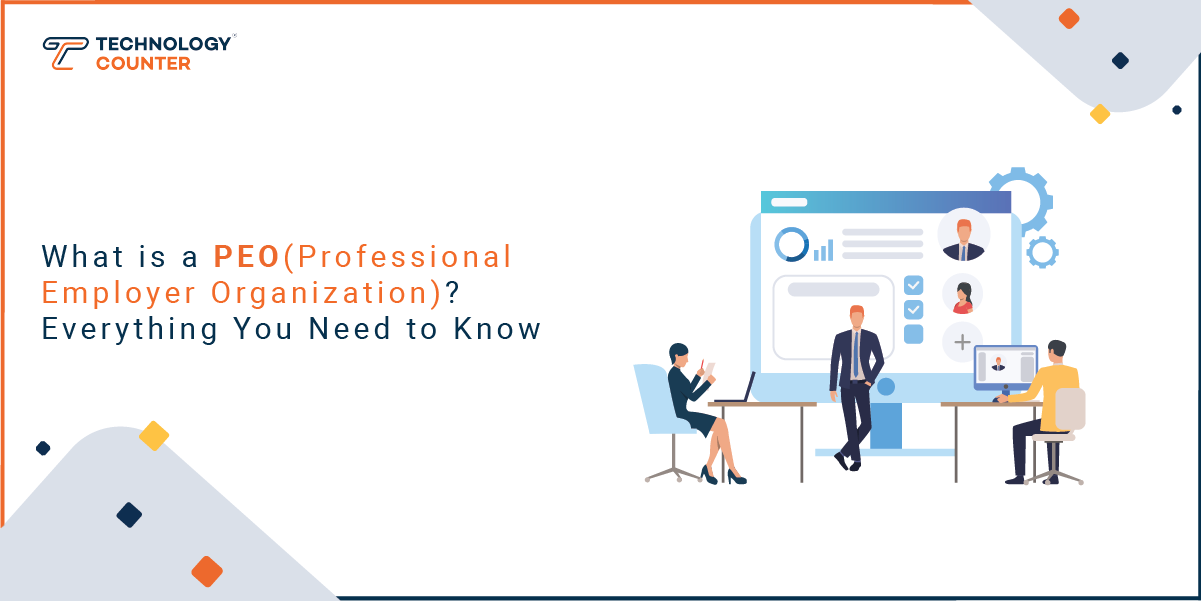


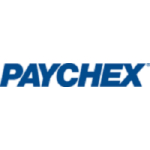

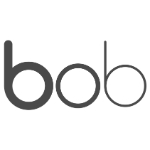

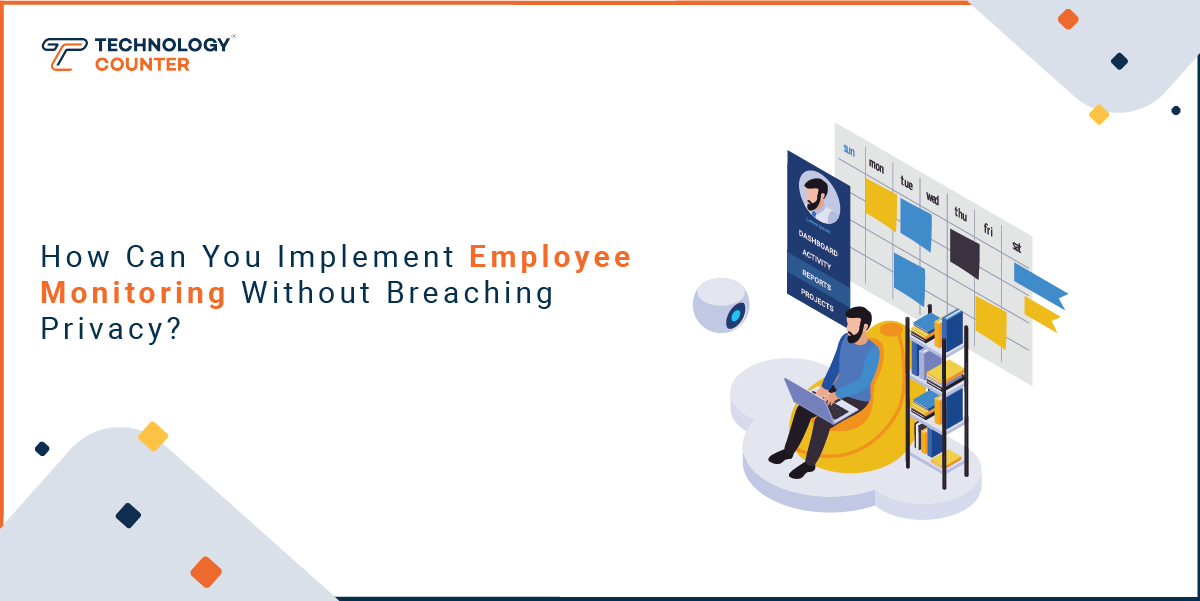
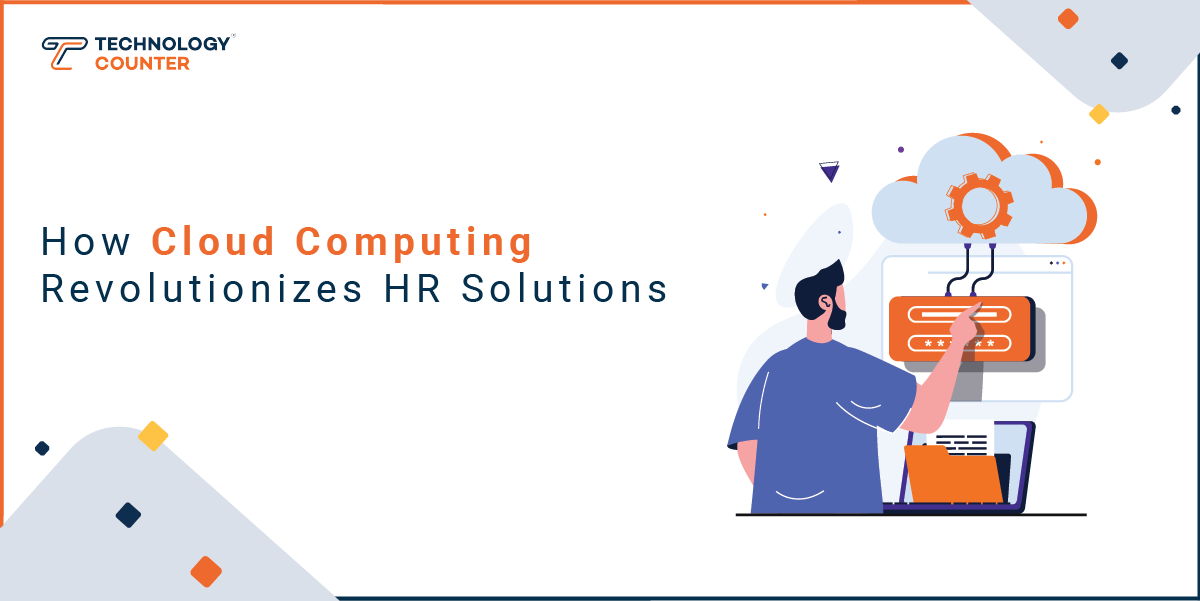
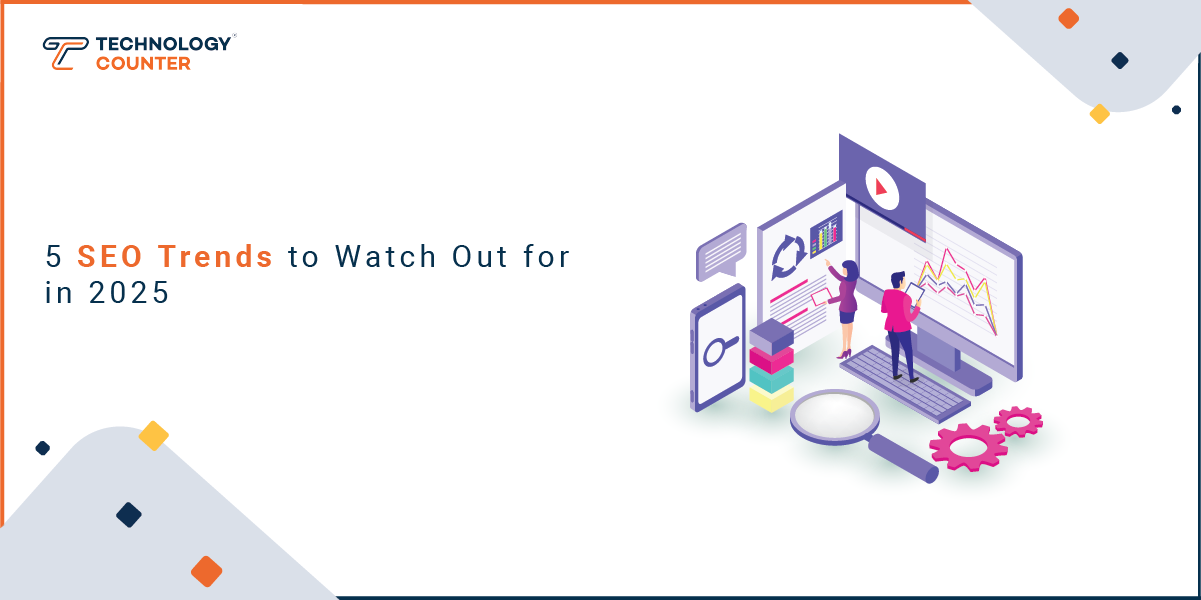
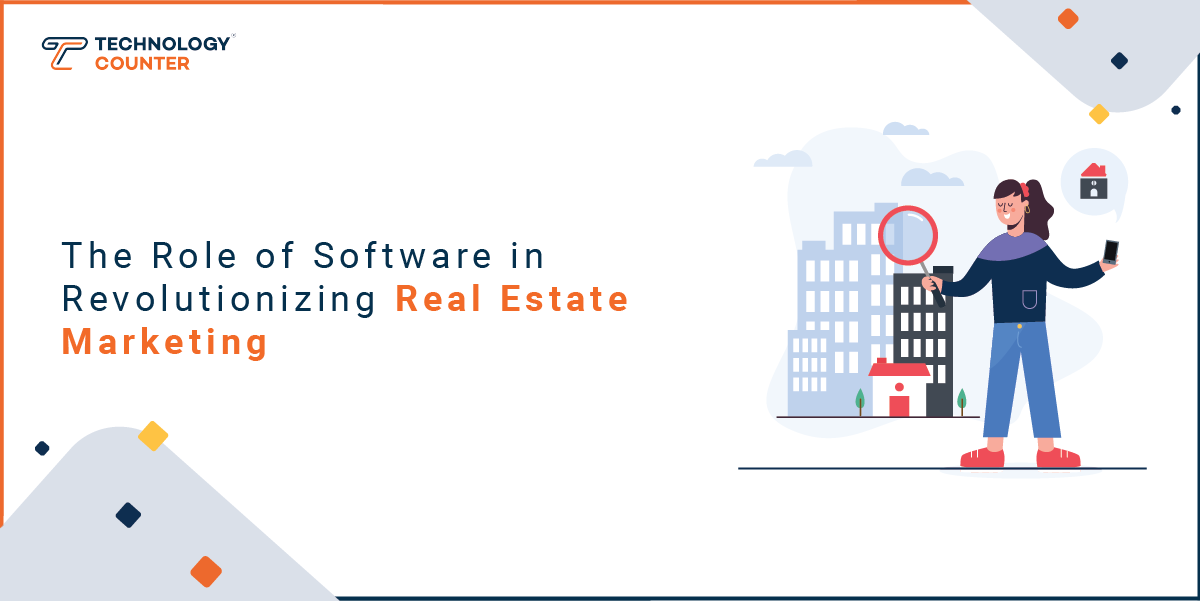
Post your comment